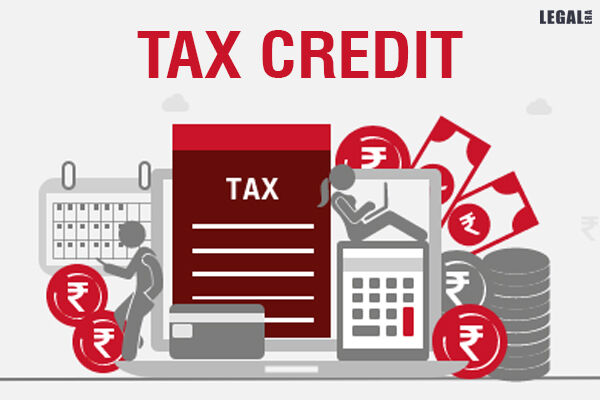
Supreme Court holds dealer must prove transaction genuinity to claim Input Tax Credit
Cites the ruling of the Delhi High Court in a similar case
The Supreme Court has held that in order to claim Input Tax Credit (ITC) a dealer has to prove the genuineness of the transactions.
The bench comprising Justice M.R. Shah and Justice C.T. Ravikumar further stated that the dealer also has to justify the actual movement of the goods and details as per Section 70 of the Karnataka Value Added Tax Act (KVAT), 2003.
The case pertains to the respondent Tallam Apparels, which purchased readymade garments for further sale.
The dealer claimed ITC on the sale of Rs.4,18,818. But the assessing officer (AO) disallowed ITC for 2012-13 on the ground that the dealer from whom the respondent purchased the garments either got its registration cancelled or filed ‘Nil’ in its Income Tax Returns (ITR).
Later, an appeal was filed by the purchasing dealer. However, it was dismissed, as the burden under KVAT Act was not discharged.
Thereafter, the Karnataka Appellate Tribunal reversed the AO’s orders and the first appellate authority. It ruled that due to the default of the seller, the purchasing dealer should not suffer.
In other cases, ITC was allowed in favour of the purchasing dealers on the ground that the sale price was paid to the seller by an account payee cheque and copies of invoices were produced.
Thus, the revision petition filed before the Delhi High Court was also dismissed.
On behalf of the state, it was submitted that the high court erred in its decision of dismissing the revision applications and confirming the orders of the appellate authorities in allowing ITC in favour of the dealer.
It said that the court did not observe that the AO doubted the genuineness of transactions and found the sale transactions were only on paper. In some cases, the registration of the seller was cancelled and nothing on record showed any tax was paid by him. Hence, ITC was not to be claimed.
On behalf of the dealer, it was contended that he had provided the proof and the genuineness of the transactions by producing the invoices and the payments made through cheques. Therefore, the dealer was entitled to ITC. In case it was found that the tax was not paid by the seller, it could be recovered from the seller.
The Apex Court observed that whether the ITC claim was correct was up to the purchasing dealer claiming the ITC, whereas whether the claim was correct, was solely on the assessee. Merely because the dealer claimed that he was a bona fide purchaser, was not sufficient proof. Thus, the revenue department was not responsible for proving the genuinity.
The bench stated that merely producing the invoices or the cheques was not enough. The dealer claiming ITC has to prove the actual transaction by furnishing the name and address of the selling dealer, details of the vehicle which delivered the goods, the payment of freight charges, acknowledgement of taking the delivery of goods, tax invoices, and payment particulars.
Justice Shah and Justice Ravikumar relied on the decision of the Delhi High Court in the On Quest Merchandising India Pvt. Ltd. vs Govt. of NCT Delhi case and observed that while claiming ITC, the burden of proof was on the purchasing dealer.
The bench said that the appellate authority and the high court erred in allowing ITC despite the dealer failing to prove the genuineness of transactions.